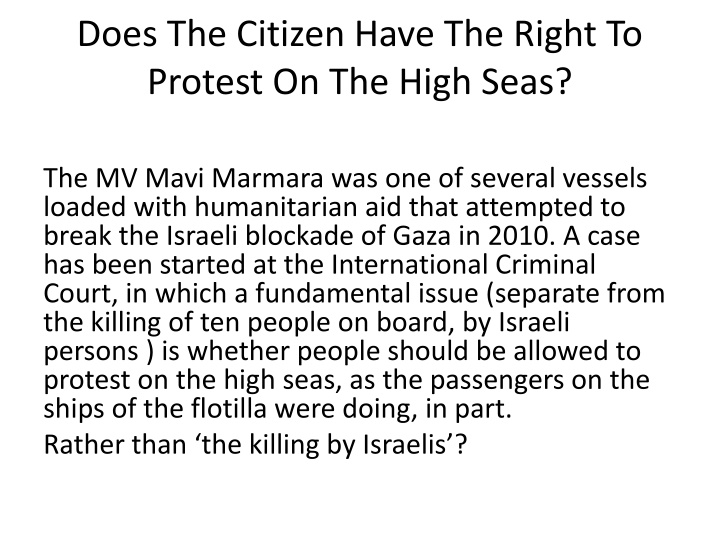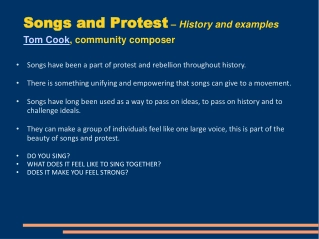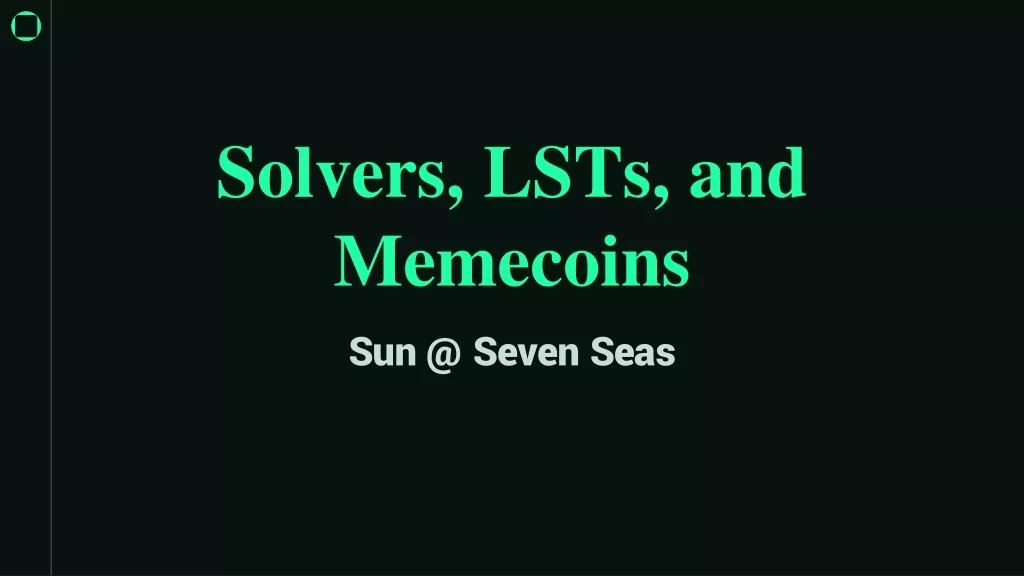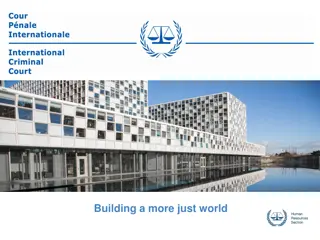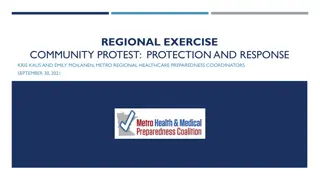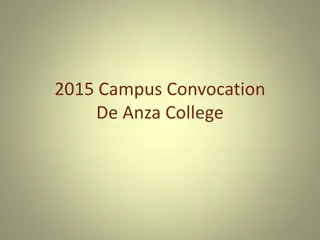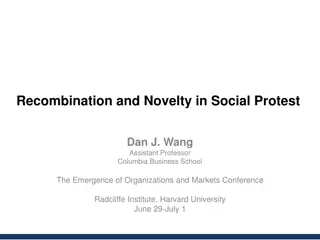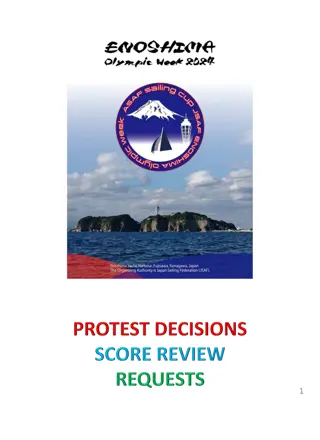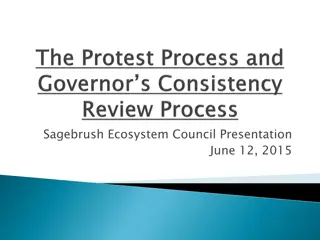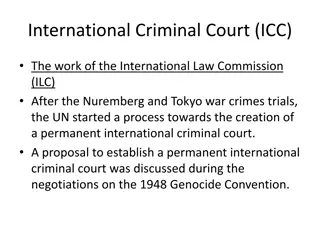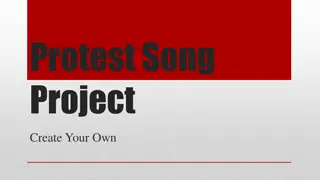Right to Protest on High Seas: MV Mavi Marmara Case at ICC
The case of the MV Mavi Marmara, a vessel attempting to break the Israeli blockade of Gaza in 2010, raises questions about the right to protest on the high seas. The International Criminal Court is deliberating on this issue, distinct from the onboard fatalities. The UN HRC report emphasizes the distinction between humanitarian and political actions in crisis interventions. The intersecting realms of international humanitarian law and human rights law further complicate the matter.
Download Presentation

Please find below an Image/Link to download the presentation.
The content on the website is provided AS IS for your information and personal use only. It may not be sold, licensed, or shared on other websites without obtaining consent from the author.If you encounter any issues during the download, it is possible that the publisher has removed the file from their server.
You are allowed to download the files provided on this website for personal or commercial use, subject to the condition that they are used lawfully. All files are the property of their respective owners.
The content on the website is provided AS IS for your information and personal use only. It may not be sold, licensed, or shared on other websites without obtaining consent from the author.
E N D
Presentation Transcript
Does The Citizen Have The Right To Protest On The High Seas? The MV Mavi Marmara was one of several vessels loaded with humanitarian aid that attempted to break the Israeli blockade of Gaza in 2010. A case has been started at the International Criminal Court, in which a fundamental issue (separate from the killing of ten people on board, by Israeli persons ) is whether people should be allowed to protest on the high seas, as the passengers on the ships of the flotilla were doing, in part. Rather than the killing by Israelis ?
tUN HRC Report chaired by retired ICC Judge Hudson Phillips QC, : Para 276. The Mission has given thought to the position of humanitarian organizations who wish to intervene in situations of long-standing humanitarian crisis where the international community is unwilling for whatever reason to take positive action. Too often they are accused as being meddlesome and at worst as terrorists or enemy agents. 277. A distinction must be made between activities taken to alleviate crises and action to address the causes creating the crisis. The latter action is characterized as political action and therefore inappropriate for groups that wish to be classified as humanitarian. This point is made because of the evidence that, while some of the passengers were solely interested in delivering supplies to the people in Gaza, for others the main purpose was raising awareness of the blockade with a view to its removal, as the only way to solve the crisis. An examination should be made to clearly define humanitarianism, as distinct from humanitarian action, so that there can be an agreed form of intervention and jurisdiction when humanitarian crises occur.
International Covenant on Civil and Political Rights Nuclear Weapons "the protection of the International Covenant of Civil and Political Rights does not cease in times of war, except by operation of Article 4 of the Covenant whereby certain provisions may be derogated from in a time of national emergency. .(Ibid, p. 240, para. 25.) 106. .As regards the relationship between international humanitarian law and human rights law, there are thus three possible situations: some rights may be exclusively matters of international humanitarian law; others may be exclusively matters of human rights law; yet others may be matters of both these branches of international law.
International Covenant - the Wall case Article 2 "Each State Party to the present Covenant undertakes to respect and to ensure to all individuals within its territory and subject to its jurisdiction the rights recognized in the present Covenant, without distinction of any kind, such as race, colour, sex, language, religion, political or other opinion, national or social origin, property, birth or other status."
International Covenant the Wall case 109. The Court would observe that, while the jurisdiction of States is primarily territorial, it may sometimes be exercised outside the national territory. Considering the object and purpose of the International Covenant on Civil and Political Rights, it would seem natural that, even when such is the case, States parties to the Covenant should be bound to comply with its provisions
